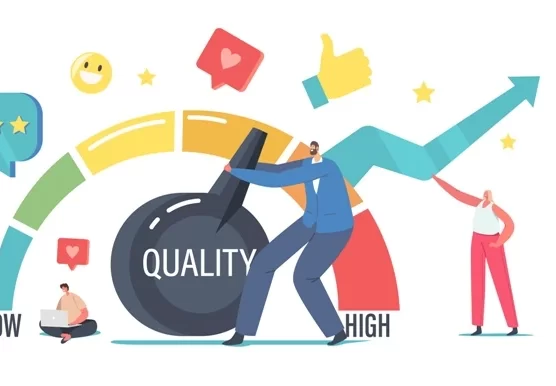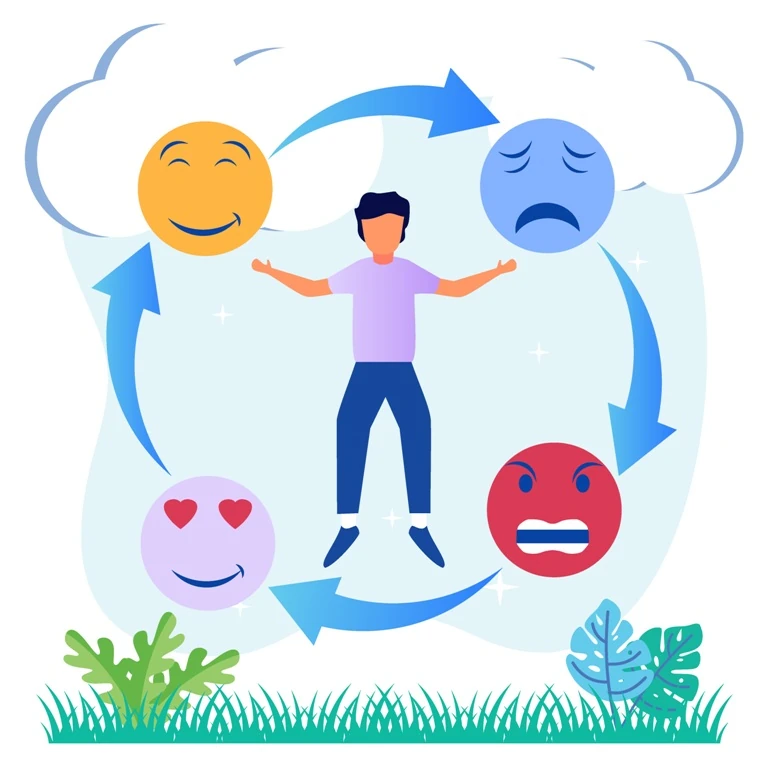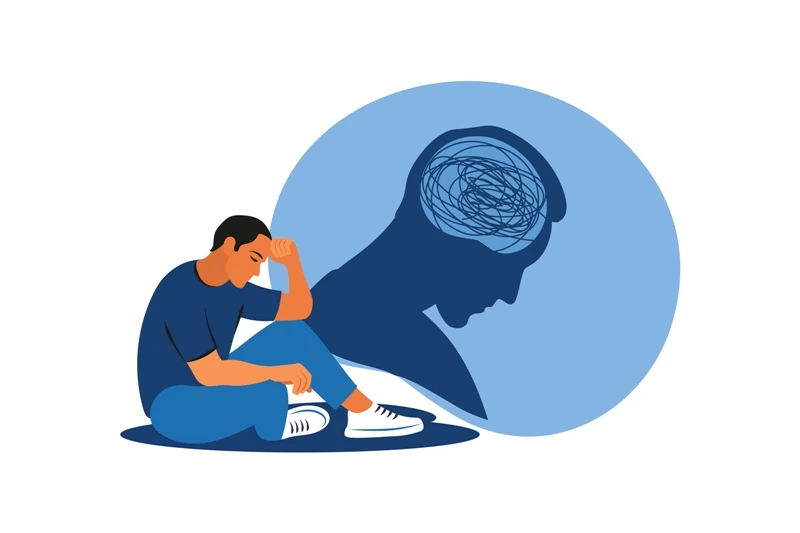Mental health refers to a person’s cognitive, emotional, and social well-being. It encompasses their psychological and emotional state, their ability to handle stress, relate to others, and make choices. Good mental health isn’t just the absence of mental disorders; it involves having a positive outlook, being able to manage emotions effectively, maintaining healthy relationships, and adapting to life’s challenges.
Mental health affects how individuals think, feel, and act in various situations. It influences their capacity to cope with stress, make decisions, form relationships, and handle changes in life. Just like physical health, taking care of mental health is crucial for a fulfilling and balanced life. It involves practicing self-care, seeking support when needed, and adopting healthy coping mechanisms to navigate the complexities of life.
WHY MENTAL HEALTH IS IMPORTANT IN OUR LIFE?
Mental health is important in our lives for several significant reasons:

Overall Well-Being:
Just as physical health is crucial for a well-rounded life, mental health is equally important. Good mental health contributes to a sense of overall well-being, happiness, and life satisfaction.

Quality of Life:
Positive mental health enhances the quality of life by enabling individuals to enjoy relationships, pursue interests, and engage in activities that bring them joy and fulfillment.

Emotional Resilience:
Mental health equips individuals with the ability to cope with and recover from challenges, setbacks, and stressors. Resilience is essential for navigating life's ups and downs.

Productivity and Functioning
Good mental health enhances cognitive functioning, concentration, and productivity. It enables individuals to perform well at work, school, and other areas of life.

Healthy Relationships
Strong mental health fosters healthy communication, empathy, and understanding in relationships. It allows individuals to connect and interact with others in positive and meaningful ways.

Physical Health
Mental health is interconnected with physical health. High levels of stress or untreated mental health issues can contribute to physical health problems such as heart disease, gastrointestinal issues, and weakened immune systems.

Prevention of Mental Illness
Prioritizing mental health through self-care and healthy coping strategies can reduce the risk of developing mental illnesses or disorders.

Reduced Stigma
By acknowledging the importance of mental health, we can help reduce the stigma around mental illness, making it easier for individuals to seek help when needed.

Personal Growth
Addressing and working on mental health challenges can lead to personal growth, self-discovery, and a deeper understanding of oneself.

Positive Community and Societal Impact
When individuals have good mental health, they contribute positively to their families, workplaces, communities, and society as a whole. This contributes to a more supportive and compassionate society.
WHAT ARE THE KEY FACTORS TO IMPROVE THE MENTAL HEALTH?
Improving mental health involves a combination of various factors that contribute to overall well-being and emotional resilience. Here are some key factors to consider:

Social Connections
Building and nurturing positive relationships with family, friends, and supportive communities can provide a strong network of emotional support.

Physical Activity
Regular exercise has been shown to have a positive impact on mood, reduce stress, and promote the release of endorphins, which are natural mood boosters

Healthy Diet
A balanced and nutritious diet can play a role in supporting mental health. Certain nutrients, such as omega-3 fatty acids and B vitamins, are linked to improved mood and cognitive function.

Adequate Sleep
Quality sleep is essential for mental and emotional well-being. Establishing a regular sleep routine and creating a comfortable sleep environment can improve sleep quality

Stress Management
Developing effective coping strategies to manage stress, such as mindfulness, meditation, deep breathing exercises, and time management, can help reduce its negative impact on mental health.

Mindfulness and Relaxation
Practicing mindfulness, meditation, and relaxation techniques can promote a sense of calm, reduce anxiety, and improve overall emotional resilience.

Engaging Activities
Pursuing hobbies, interests, and activities that bring joy and a sense of accomplishment can boost self-esteem and overall happiness.

Limiting Substance Use
Avoiding or minimizing the use of alcohol, drugs, and other substances is important for maintaining good mental health.

Setting Realistic Goals
Setting achievable goals, both short-term and long-term, can provide a sense of purpose and motivation. Celebrating small achievements can boost self-esteem.

Seeking Professional Help
If struggling with mental health challenges, seeking support from mental health professionals, such as therapists or counselors, can provide effective strategies for managing and improving mental well-being.

Practicing Self-Compassion
Treating yourself with kindness and self-compassion, rather than self-criticism, is essential for building resilience and maintaining positive self-esteem.

Staying Engaged
Participating in social, work, and community activities helps maintain a sense of purpose and connection, preventing feelings of isolation.

Cultivating Positive Thoughts
Challenging negative thought patterns and focusing on positive aspects can improve overall mental outlook and emotional resilience.

Limiting Screen Time
Spending excessive time on digital devices, especially on social media, can sometimes negatively impact mental health. Setting boundaries can help.

Regular Check-Ins
Regularly assessing your mental and emotional state and seeking help when needed is crucial for early intervention and support.
Remember that everyone’s journey to improved mental health is unique, and it’s important to find strategies that work best for you. If you find yourself struggling, don’t hesitate to reach out to mental health professionals who can provide personalized guidance and support.
